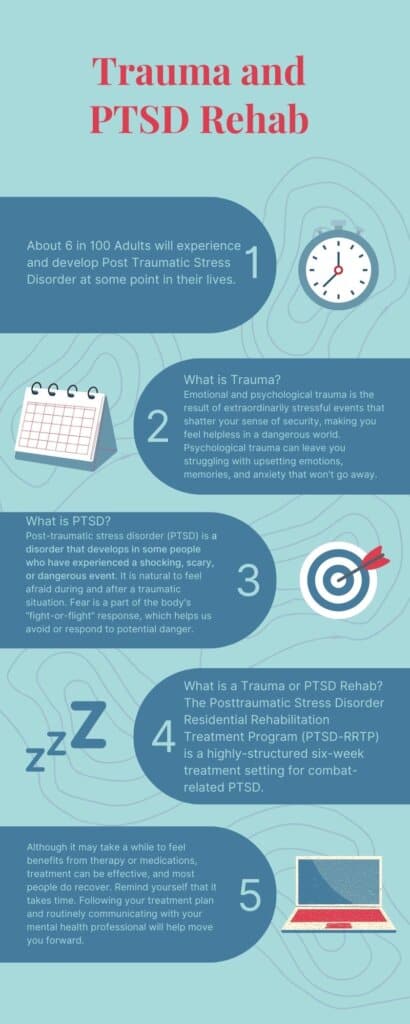Community Support in Trauma Healing: Massachusetts' Unique PTSD Rehab Initiatives
Tell me how successful this sounds – 74.11% of the victims did not have PTSD about 13-14 years later. This is true and was found in this study conducted on victims of a flood. The same study also reveals that social support plays a significant role in helping victims of natural disasters to recover from PTSD. There’s more to it, and that’s exactly why facilities in Massachusetts are offering community support for trauma and PTSD rehab.
What makes community support programs unique is that social support is a relatively low-cost and easily accessible intervention. It can be provided by a variety of sources, including friends, family, community organizations, and professional helpers.
And, we already know they are successful as well; but of course, their uniqueness doesn’t just end there.
What’s Unique About Community Support For Trauma And PTSD Rehab?
Community support programs bring several unique factors into trauma and PTSD rehab.
First, they provide a supportive environment where people can connect with others who have shared similar experiences. So, no one has to struggle with isolation or feel like nobody understands what they are going through.
Second, community support programs are versatile in terms of resources and support services they offer. For example, they offer group counseling, skill-building workshops, peer support, advocacy, and case management.
Third, community support programs are customizable to meet the specific needs of the people they serve. This kind of individualized support isn’t possible in traditional treatment settings that follow standardized protocols such as residential inpatient programs.
Fourth, these programs are more affordable than traditional treatment settings. It’s partially because they are often funded by grants or donations. And, there isn’t a cost of room rent in the treatment facility, so a lower overhead costs.
Fifth, community support programs are more accessible. Their hours of operation are flexible and they can be easily located in public spaces and community centers.
Lastly, community support programs are run by people who have experience and have lived with trauma or PTSD. Hence, they are empowering and can provide people with a sense of hope because they have someone to look up to. From which, they can set attainable goals and believe that they are very much achievable.
Recap – How Community Support Programs Are Unique?
- Peer Connection: Provide a supportive environment fostering connections with individuals who share similar experiences, eliminating feelings of isolation.
- Versatility in Services: Offer a range of resources and support services, including group counseling, skill-building workshops, peer support, advocacy, and case management.
- Customizable Support: Tailor programs to meet individual needs, providing personalized support not found in standardized protocols of traditional settings.
- Affordability: Typically, more cost-effective, often funded by grants or donations, with lower overhead costs due to the absence of room rent in a treatment facility.
- Accessibility: Increased accessibility with flexible operating hours and locations easily found in public spaces and community centers.
- Empowerment through Lived Experience: Run by individuals with lived experience of trauma or PTSD, offering empowerment, hope, and relatability as role models for setting and achieving attainable goals.
These community support programs in Massachusetts aren’t just limited to trauma and PTSD rehab. They are also available for addiction, mental health, and dual-diagnosis challenges. Click here to learn more about these community-supported programs in Massachusetts or call 888.401.1179 to help you in your exploration.


